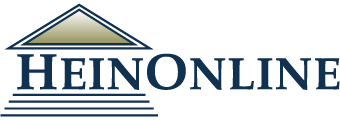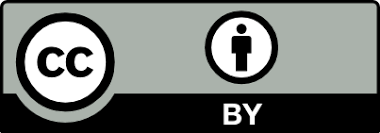JOURNAL METRICS
Days to First Editorial Decision: 42
Days to Accept: 60
Acceptance Rate: 47%
Rejection Rate: 53%
Last update in December 2025 (updates every issue)
IJLCW is a semiannual peer-reviewed journal
Issues published in May/June and November/December














